When Cardinal Pablo Virgilio David learned of his appointment, he could hardly believe it. “Not even in my wildest imagination did I think this would happen,” he said, standing in his modest cathedral on the edge of Manila, preparing to leave for Rome to help elect the next pope. Unlike many cardinals, he wasn’t an archbishop from a prestigious diocese but a bishop from an impoverished area filled with slums and urban poor. That, perhaps, was exactly why Pope Francis chose him — a reflection of the pontiff’s desire for a church more in touch with the marginalized.
Cardinal David, affectionately called “Apu Ambo” by his congregation, has embodied that mission throughout his life, advocating for the downtrodden and openly opposing abuses of power. His elevation last December was a surprise, but one that cemented his role as a symbol of the Pope’s values in the Philippines — the country with Asia’s largest Catholic population and a vital part of the global Church.
Though the Filipino Church remains culturally influential, it is increasingly challenged by political forces and growing competition from charismatic Protestant movements. Doctrines on family planning and divorce have been publicly debated and even legislated against the Church’s stance. In this climate, Pope Francis offered more moral support than policy answers, encouraging compassion, inclusion, and a deeper connection to the poor.
This support was especially vital to Cardinal David during the turbulent years of Rodrigo Duterte’s presidency. As Duterte unleashed a brutal war on drugs that claimed thousands of lives, including that of 17-year-old Kian Delos Santos in David’s diocese, the bishop was one of the few voices within the Church to speak out. Kian’s death, caught on security footage and contradicted by eyewitnesses, became a symbol of the injustice. David erected a plaque in Kian’s memory and offered refuge and rehabilitation to those targeted by the police.
His outspoken criticism of the drug war brought him threats and accusations from the president himself, who even filed sedition charges against him. Yet during a 2019 visit to Rome, Pope Francis personally blessed him and urged him to stay safe — a gesture that renewed his courage. When they met again in 2023, the Pope joked, “You have not been called to martyrdom yet!”
The Church’s role in the Philippines has evolved dramatically. Once tightly entwined with Spanish colonization and U.S. influence, its power has fluctuated. Its peak came in 1986, when Cardinal Jaime Sin played a pivotal role in the peaceful revolution that toppled Ferdinand Marcos. But since then, its moral authority has faced challenges — both from internal scandals and external political shifts.
While the Church once helped oust corrupt leaders, it later appeared to cozy up to power under President Gloria Arroyo, and hesitated to challenge Duterte’s deadly policies. This perceived silence weakened its moral stance in the eyes of many, especially as public support for the drug war remained high.
Today, the Church’s influence in politics appears to be waning. Even vocal opposition could not stop the passing of the Reproductive Health Law in 2012, nor prevent the 2022 election of Ferdinand “Bongbong” Marcos Jr., despite many Catholic leaders endorsing his rival. According to sociologist Jayeel Cornelio, this signals the Church’s declining political sway.
Cardinal David himself believes the Church should not govern, but still has a responsibility to guide society morally. That balance is not without friction. Lawmakers like Geraldine Roman, the country’s first transgender member of Congress, who identifies as Catholic, acknowledge the Pope’s inclusive tone. But they resist Church interference in state decisions — particularly over the divorce bill, which she supports to protect women in abusive marriages.
At the same time, the Church is losing ground with its own flock. Though most Filipinos still identify as Catholic, regular mass attendance has dropped significantly, and past scandals, particularly sexual abuse, continue to erode trust. Duterte, for example, frequently referenced the book Altar of Secrets, a damning exposé on Church corruption, to discredit its moral voice.
Cardinal David recognizes these struggles. He understands that moral authority can’t be reclaimed through denial or defensiveness. As the Church faces an increasingly secular and skeptical world, his presence in the conclave is a reminder of a faith rooted not in grandeur, but in service, humility, and the enduring belief in justice.

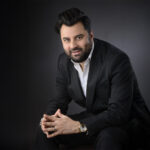
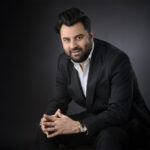
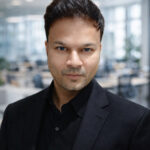


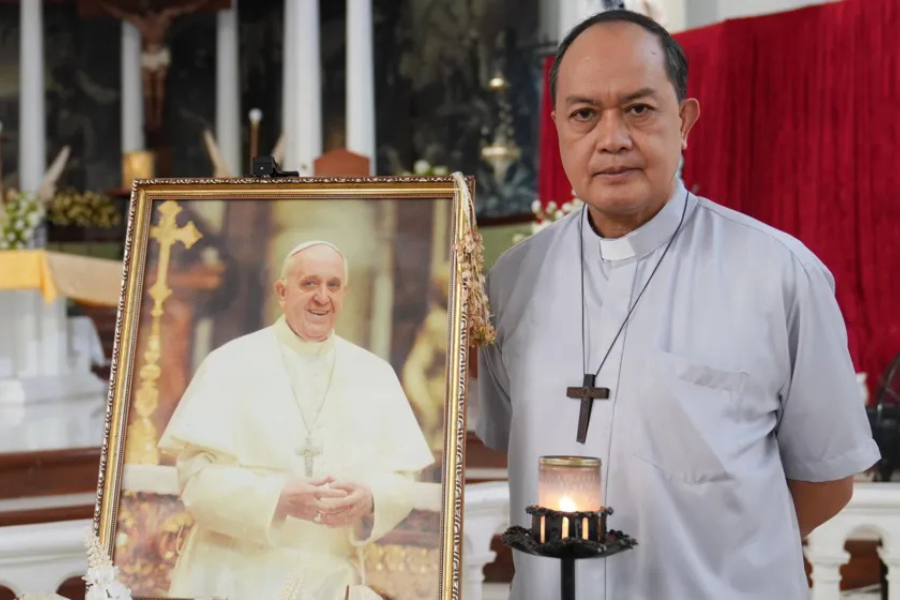
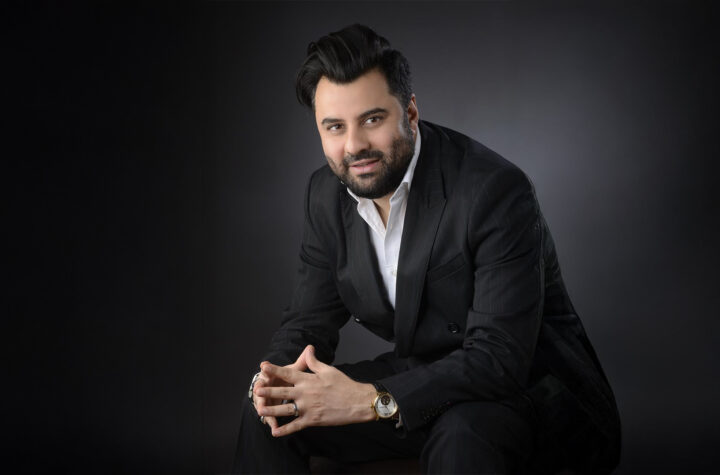
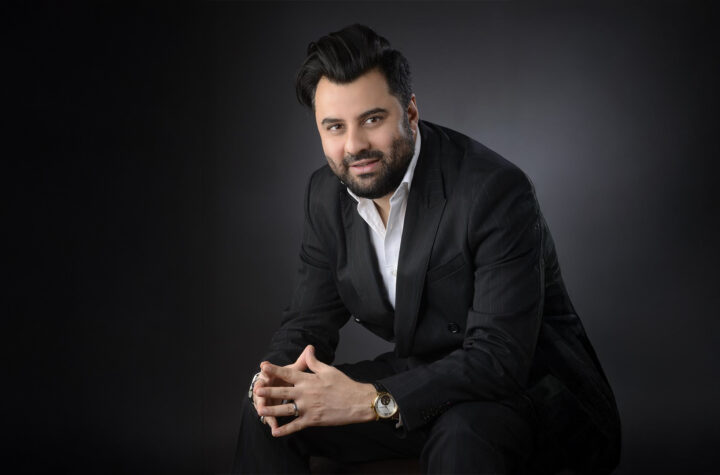
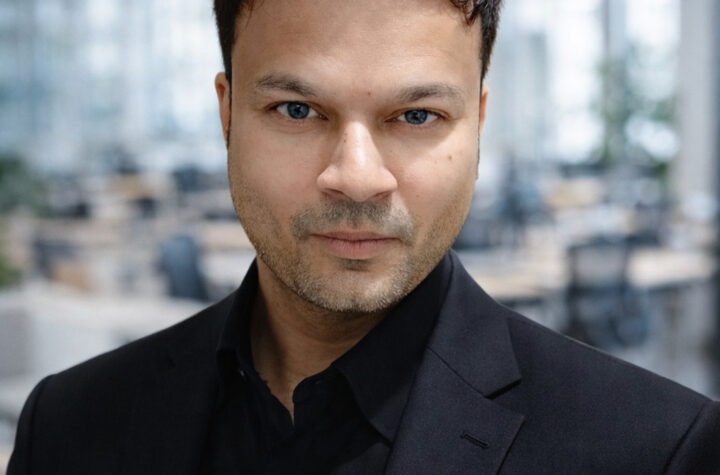
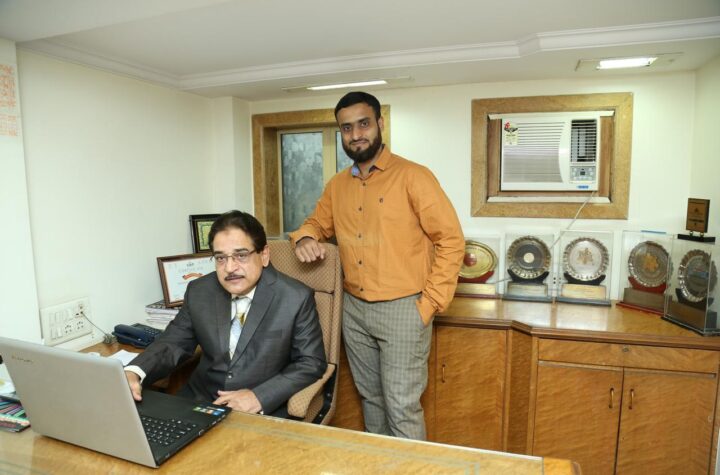
More Stories
Passengers Stranded for 40 Hours in Turkey After Virgin Atlantic Emergency Landing
How Spain’s Economy Came to Be the Envy of Europe
“Southern Europe” sizzles as a heat wave prompts warnings to stay indoors, hydrate, and reduce physical activity.